You will pay reparations, one way or another. It doesn’t matter that no one voted for it, or that politicians are unable to win the political argument in favour of perpetual historical guilt. When it comes to the era of activist politics, these battles for cash are fought and won in the shadows of ESG where corporate entities shake hands with the government.
Australia’s vocal but tiny ‘Blak activist’ collective is attempting to sneak new race taxes into the Constitution (Pay the Rent) stuffed into the stomach of the Voice’s Trojan horse – but Canada is a lot further down the path of this madness. Fortunes in reparations have been handed out under many different headings with the largest totalling over $43 billion without, many claim, sufficient consultation with Canadian taxpayers.
Canada, like New Zealand, has a Treaty that enables a large industry of historical guilt to effectively permanently fragment their nations. The result is increasing civil tension and a perception of deep unfairness from citizens who did nothing wrong but find themselves coughing up their hard earned money because of their ancestry.
A recent article in the Daily Mail went viral after a photograph of a customer receipt from a restaurant showed a worrying detail at the end…
THE LAND YOU ARE ON 1%
There was a further notice in the fine print that read:
THE LAND YOU ARE ON: As Tribal Park Allies … adds 1% to your bill … to support + conserve + revitalise Tribal Parks + culture.
At some point, ‘charity’ has been confused with something that looks a lot like the first cousin of ‘tax’.
The business confirmed this charge is voluntary.
It is not the first time we have seen bizarre charges added to bills on a voluntary basis. A vegan cafe famously charged a ‘man tax’ of 18 per cent as a type of ‘affirmative action’ to ‘bridge the gender pay divide’. They didn’t think the concept was ‘too radical’, just as plenty of people probably see no issue with Indigenous donations tagged onto the end of purchases. We come across these feel-good taxes all the time. Have you ever been asked to spend an extra 10 cents on children in Africa? Or forked out a few dollars extra to help recycling in Asia? Or what about carbon offsets added to your last flight? We live in a forest of ESG begging.
What’s the harm in ‘sharing the profits of the Canadian tourist industry’ by adding random charges? In reality, these tourist profits are already being shared – probably disproportionately – via the rest of the taxes taken. Many Indigenous groups across Canada, America, and Australia might cry poor but they actually receive hundreds of thousands, or even millions, from various government initiatives, corporate holdings, donations, and partnerships.
The real gripe, and probably the reason the original story started to trend, regards the concept of ‘the land you’re on’. It is very similar to ‘Welcome to Country’ and implies that anyone who is not part of the First Nations umbrella is being granted access rather than simply being entitled to exist in the nation where they were born. A growing complaint from Australians is the ‘Welcome to Country’ message at the start of nearly every activity with the most common response being, ‘Stop welcoming me to my own country!’ Welcome to Country began as a tourist gimmick, now it has become a coercive – almost threatening – activist catchcry used to re-enforce the idea of ‘stolen land’ and, by extension, Pay the Rent sentiments.
The concept of reparations has been seeping into society thanks to Marxist agitators working within Indigenous communities to undermine Western values such as liberty, equality, and individualism. This is being done against the will of citizens who are becoming increasingly frustrated with the ‘sins of the father’ mentality.
It is known that leading activists within the Voice movement have either spoken of, endorsed, or outright called for reparations. A glance at the ‘Pay the Rent’ movement offers a glimpse at a deeply racist ideology that believes it is acceptable to charge innocent Australian citizens what amounts to a fine for being born with the wrong skin colour.
The Pay the Rent movement asks (although it will no doubt become a demand), for homeowners to ‘voluntarily’ pay a percentage of their income to Aboriginal elders. This would be in addition to nearly half of their salaries being docket as tax by the government of which tens of billions is already given directly to Indigenous groups. Per person, more money is spent on Indigenous people than any other group in Australia. If you happen to be an average, middle-aged worker of colonial descent, you pretty much spend your life forking out to the government and getting your energy bill doubled as a reward.
Civil peace is built upon fairness – not equity. The further the board is tilted against the majority of hard-working Australians, the less generous and tolerant they will become.
Reparations are never a topic based in historical equality. Colonial Australians can trace their histories back through thousands of years of persecution, enslavement, victimhood, oppression, and terror. The difference is, civilisations that look backwards never build a future.
The only profit in the past is a lesson, and that lesson is that race politics is the path to violence, division, and persecution.
Having escaped the dangerous politics that has plagued the rest of the world for millennia, the Labor Party has foolishly imported it onto our shores, imagining it will consolidate their power with a Constitutionally enshrined bureaucracy loyal to its cause.
Albanese may as well sit beside a lion, stroking its back, expecting it not to eat him the second he falls asleep.
Flat White is written and edited by Alexandra Marshall.
Got something to add? Join the discussion and comment below.
Get 10 issues for just $10
Subscribe to The Spectator Australia today for the next 10 magazine issues, plus full online access, for just $10.


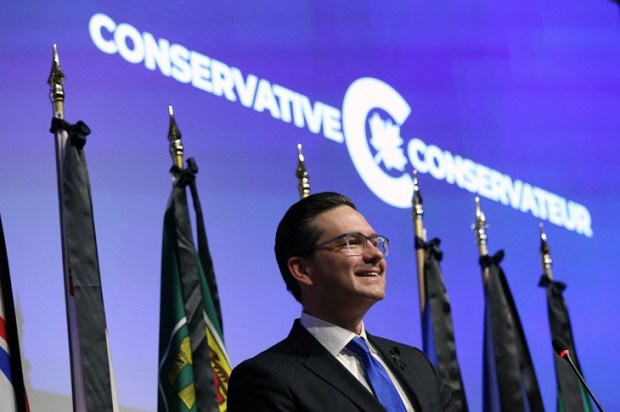
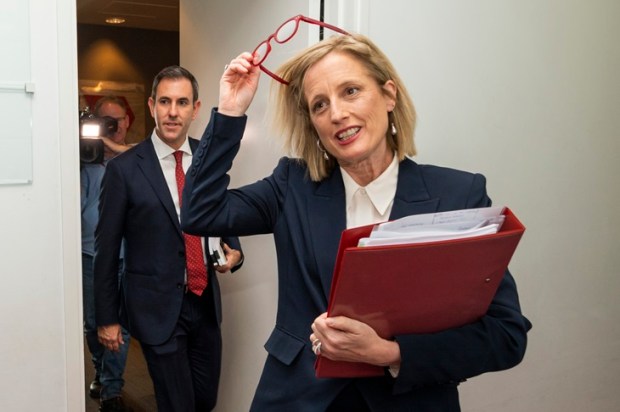
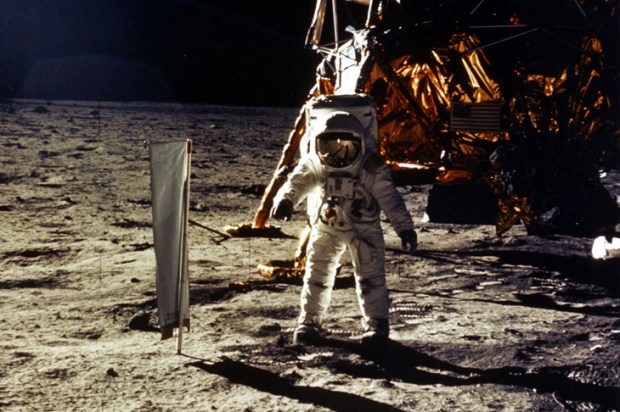
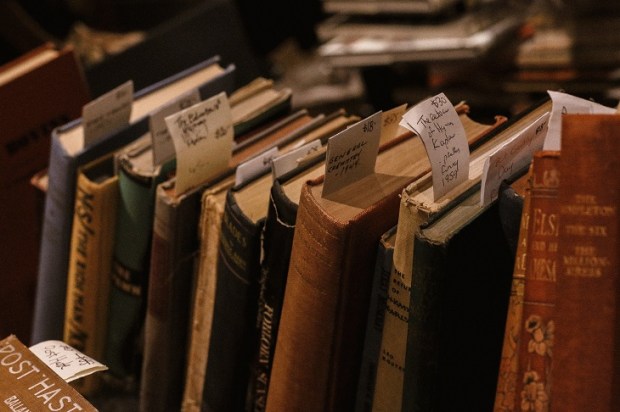
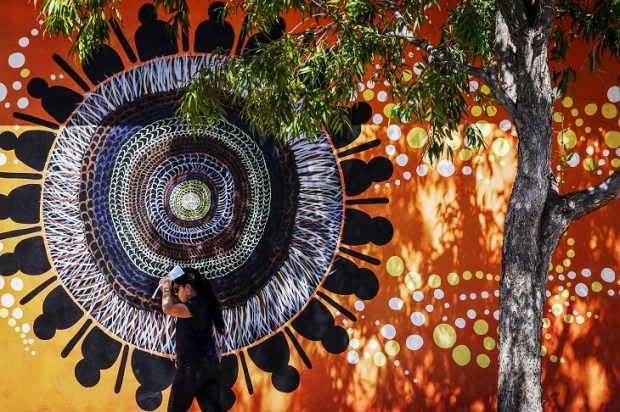
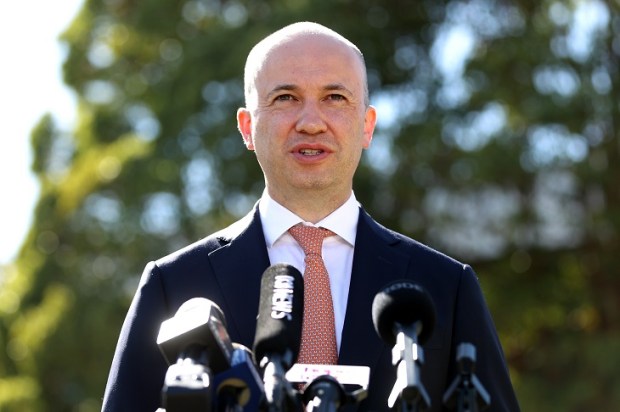


















Comments
Don't miss out
Join the conversation with other Spectator Australia readers. Subscribe to leave a comment.
SUBSCRIBEAlready a subscriber? Log in